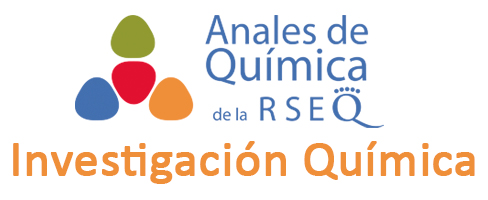Abstract
Given the observed alteration in the patterns of scientific publication in Spain over the last decade, but especially between 2017 and 2021, this work focuses on seeking explanations that clarify the reasons that have caused them. We argue that the key factor that explains the changes in the publication behaviour of Spanish researchers is the system of research evaluation currently in effect. The Spanish system preferentially rewards publications and editorial activities in journals that are highly ranked in the Journal Citation Reports or substitutes. These criteria permeate in the evaluation programmes that regulate access of researchers to tenure track and tenure positions, as well as the subsequent research evaluations to which Spanish researchers can subject themselves regularly. Positive outcomes in these evaluations result in economic and career benefit. The demand for publication in Spain is thus now increasingly being served by young publishers that operate under the APC business model, and which have successfully enlisted the collaboration of a large number of researchers by offering highly expeditious publishing services, lower prices than competing publishers, and the opportunity to participate in editorial roles. These strategies, which are increasingly absorbing the Spanish scholarly publishing system, are described in detail.

This work is licensed under a Creative Commons Attribution-NonCommercial-ShareAlike 4.0 International License.
Copyright (c) 2024 Anales de Química de la RSEQ


